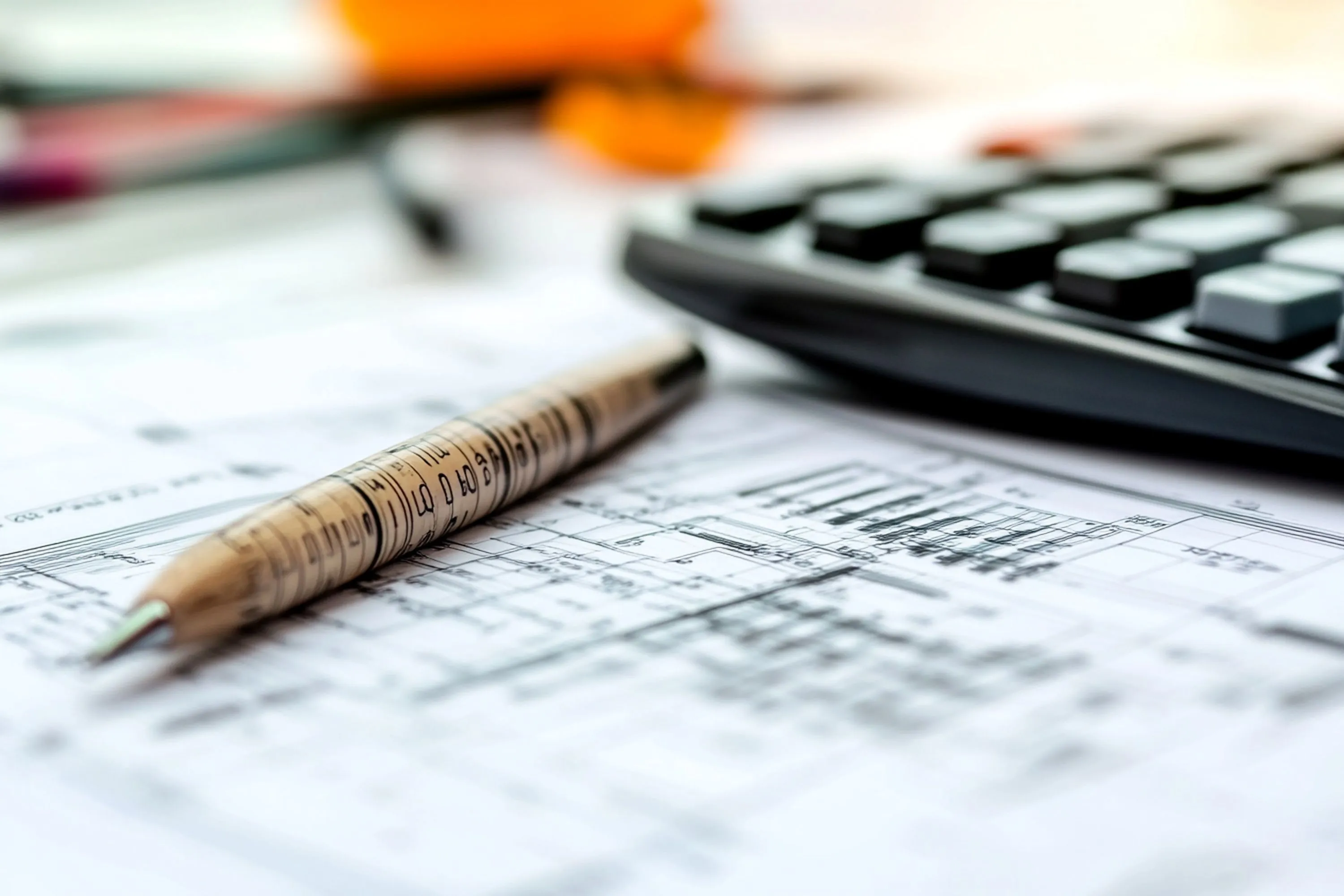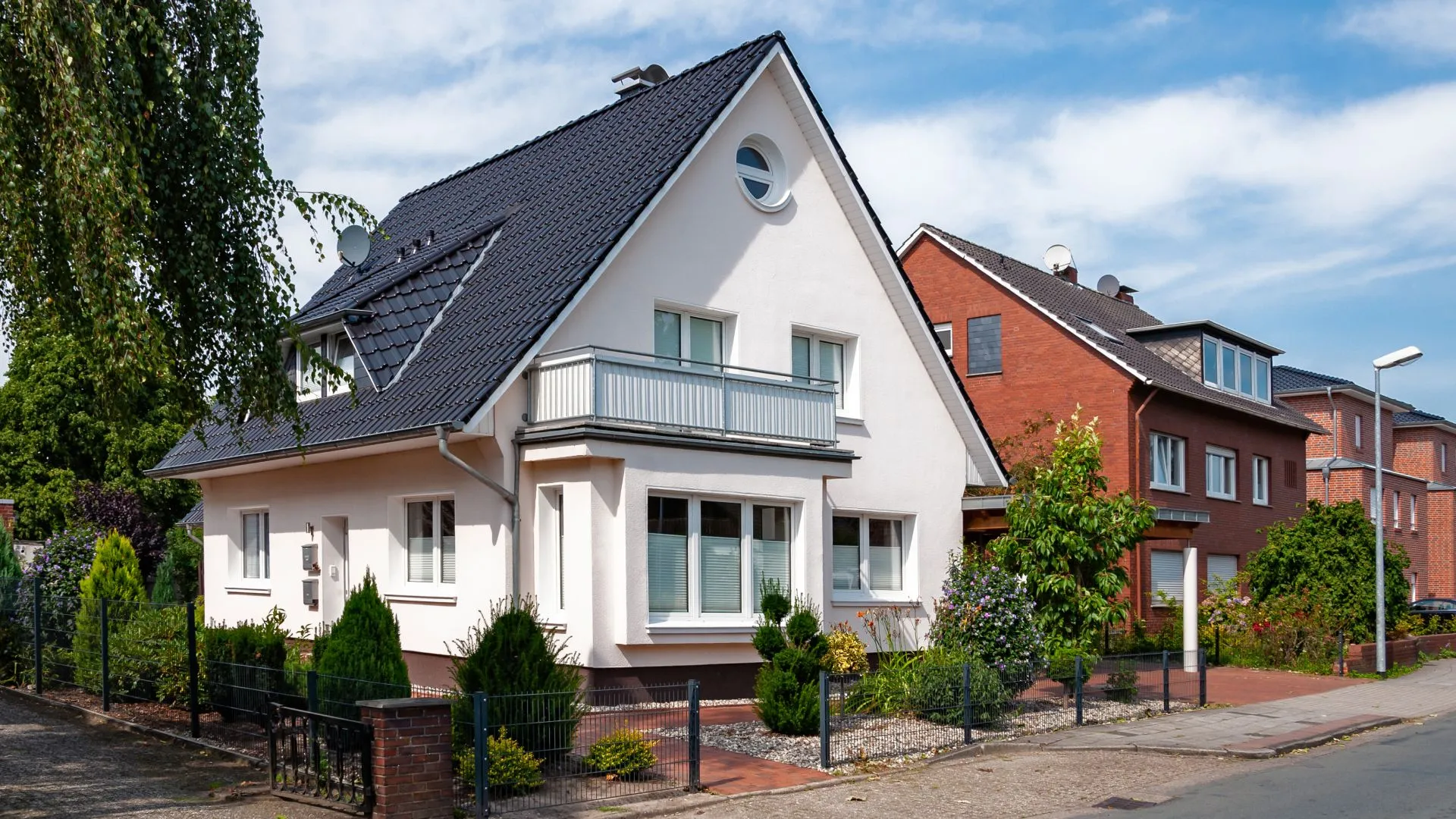Buy House in Germany: Rent or Buy in Germany - A Complete Guide for Expats

Author
Ajay DhingraTable of Contents
Introduction
When you decide to buy a house in Germany, understanding the property market is essential for making an informed decision. The German property market is competitive, and it’s important to familiarize yourself with the buying a house in Germany process before diving in. Whether you're a first-time buyer or an experienced investor, purchasing real estate in Germany can be a smart move, especially with the attractive mortgage options and relatively stable house prices in Germany.
For expats buying a house in Germany, knowing the legalities is crucial. German property laws for foreigners can sometimes be different from what you might be used to, so it’s best to work with a local real estate agent. They can help guide you through the process of buying a home in Germany and ensure that everything is in order. In addition to understanding the market, you’ll also need to look at mortgage options in Germany and what’s required to finance a house in Germany.
Many expats opt for a property purchase in Germany because of the country's strong economy and growth potential in certain regions. However, it’s important to understand the specifics of buying a house in Germany step by step, which often involves several legal and financial steps. If you're unfamiliar with the process, consider hiring a lawyer who specializes in German property laws for foreigners.
Once you’ve found the perfect property and gone through the necessary steps, you’ll be ready to sign the contract and officially become a homeowner. Whether you’re looking to buy a home or an investment property, buying a property in Germany can offer both financial and lifestyle benefits.
Why Buy a House in Germany?
The decision to buy a house in Germany can be a rewarding investment, especially if you plan on living in the country long-term. There are several benefits of owning property in Germany:
- Investment Potential: Property in Germany has historically shown stable growth. Major cities like Berlin, Munich, and Hamburg continue to have increasing demand for housing, making it a good long-term investment for expats.
- Financial Stability: Fixed mortgage rates allow you to plan your finances effectively. Unlike renting, which can involve increasing rents, buying a house lets you lock in your monthly payments.
- Personalization: Homeownership means you have the freedom to modify your living space. From painting walls to major renovations, your home is truly yours.
If you’re thinking about investing in the German property market, it’s a great idea to start exploring your options early. To get started, check out our Real Estate Search Engine for properties available across Germany.
The Financial Upside of Buying a House in Germany
Buying a house in Germany can be an excellent financial move, but it’s important to consider both the upfront costs and long-term benefits. While the initial investment for purchasing property can be high, including notary fees and taxes, the value of the property can increase over time, particularly in desirable locations.
If you’re considering financing your purchase with a mortgage, it’s essential to compare mortgage rates. Our Property Investment Calculator can help you get an idea of what monthly payments might look like based on your budget and the type of property you're interested in.
Why Rent an Apartment in Germany?
On the other hand, renting an apartment in Germany is often a more flexible option for those who are not ready to commit to homeownership. Here are a few reasons why renting might be the right choice:
- Flexibility: Renting offers flexibility, especially if you’re an expat who might want to move around or return home after a few years. Renting allows you to try out different neighborhoods without the long-term commitment of buying.
- Lower Initial Costs: Renting typically involves fewer upfront costs compared to buying a property. There’s no need to worry about hefty down payments, notary fees, or property taxes.
- No Maintenance Hassles: As a tenant, you're not responsible for repairs or maintenance. If something goes wrong, it’s the landlord’s responsibility to fix it.
To find available apartments to rent, refer to our Real Estate Search Engine, which lists rental properties across the country.
The Renting Process in Germany
Finding a rental apartment in Germany can be competitive, especially in larger cities. Expats should be prepared to submit an application, provide proof of income, and possibly include a rental reference. It's crucial to familiarize yourself with the expat rental guide Germany to understand tenant rights, rent regulations, and the standard lease terms.
The Process of Buying a House in Germany
Buying a house in Germany involves several key steps, which can be intimidating for expats. Here’s a simplified breakdown of the process:
- Research the Market: Understand the Germany property market, focusing on areas where you want to live. Consider factors like proximity to work, schools, and amenities.
- Find a Real Estate Agent: A local real estate agent can guide you through the property search and help with legal aspects of the transaction. In Germany, the buyer usually pays the agent’s fee, which is typically around 3-7% of the property price.
- Secure Financing: Speak with banks or lenders about obtaining a mortgage. You'll need a deposit of around 20-30% of the property value. Your credit history, proof of income, and a valid residence permit will be needed.
- Notary and Contracts: Once you’ve agreed on the terms, you’ll sign the contract in the presence of a notary. In Germany, the notary plays an essential role in verifying the legal aspects of property transactions.
Check out our Property Investment Calculator to get an estimate of your monthly payments and other financial considerations when buying a house in Germany.
The Process of Renting an Apartment in Germany
The process of renting an apartment in Germany is relatively straightforward, but there are some key steps you should follow:
- Apartment Search: Websites like ImmobilienScout24 and Immonet are popular for searching rental listings. Be prepared to act quickly in high-demand areas.
- Lease Agreement: Lease agreements in Germany typically last 12 months or more, and the rental price is often fixed for the duration of the lease. Be sure to understand all clauses before signing.
- Tenant Rights: Familiarize yourself with tenant protection laws. For example, German landlords cannot increase the rent by more than 15% within three years.
Rent vs Buy in Germany
Now that you know the basics of both renting and buying, how do you decide between the two? Here are the key factors to consider:
- Long-Term Plans: If you plan to stay in Germany for many years, buying may be the better option as you’ll build equity. However, if you’re uncertain about your long-term plans, renting offers flexibility.
- Financial Situation: Buying a house requires a significant upfront investment, while renting typically involves less financial commitment. If you don’t have the financial stability for a down payment and mortgage, renting might be the right choice.
- Market Conditions: The Germany property market varies significantly by region. For example, prices in Munich and Berlin have risen sharply in recent years, making renting a more affordable option in these areas.
Ultimately, the decision to rent or buy in Germany will depend on your personal preferences, lifestyle, and financial situation.
Common Challenges for Expats in Germany
As an expat, there are a few challenges you might face when navigating the Germany real estate market:
- Language Barrier: Many property listings and legal documents are in German, so it's crucial to have a translator or a bilingual real estate agent.
- Bureaucratic Delays: The process of buying property can involve a lot of paperwork, which may take longer than expected.
- High Demand in Major Cities: Cities like Berlin, Munich, and Hamburg have high demand for both rentals and property purchases, which can lead to increased competition and higher prices.
Conclusion: Rent or Buy in Germany – Making the Right Choice
The decision to buy a house in Germany or rent an apartment in Germany is not one-size-fits-all; it’s a highly personal choice that depends on a variety of factors unique to each expat’s situation. Whether you’re looking for stability, investment potential, or the freedom to move around, both renting and buying have their own distinct advantages. Understanding your long-term goals, financial capacity, and lifestyle preferences is crucial when navigating the Germany property market.
For those who envision staying in Germany for an extended period, buying property in Germany can offer significant long-term benefits. Not only does it provide an opportunity to build equity, but it also allows you to secure a stable living situation in an increasingly competitive housing market. Over time, property values in cities like Berlin, Munich, and Hamburg have consistently risen, and for those who can afford the upfront costs, the rewards of homeownership can be substantial.
However, buying a house in Germany comes with its own challenges—upfront costs, navigating legal and financial processes, and potential market fluctuations. It’s important to be prepared for these hurdles and seek professional advice to ensure you’re making a sound investment. A thorough understanding of the expat home buying process in Germany can help mitigate risks and guide you toward making an informed decision.
On the other hand, renting an apartment in Germany offers flexibility and freedom, which can be particularly appealing for expats. Renting provides a lower barrier to entry and allows you to experience different parts of Germany without the commitment of owning property. In fast-moving cities, where the real estate market is highly competitive, renting may also offer more affordable and immediate housing options. Furthermore, as a renter, you’re not burdened with the responsibility of property maintenance, which can be a significant financial and time-consuming commitment.
Ultimately, the decision to rent or buy in Germany depends on your unique circumstances. If you’re financially prepared for the upfront costs and foresee living in Germany for many years, buying a house might be the right choice for you. It offers the security of homeownership and the potential for long-term financial gain. However, if you value flexibility, freedom, or are uncertain about your future plans in Germany, renting could provide the lifestyle flexibility you need without the long-term commitment.
It’s important to remember that both renting and buying offer distinct benefits, but neither choice is without its challenges. As an expat, it’s crucial to weigh all factors—including your financial situation, lifestyle, and long-term plans—before making a decision. Conduct thorough research, seek expert advice, and consider your future goals in Germany before diving into the real estate market.
If you’re ready to explore your options, whether you’re leaning towards buying property in Germany or looking for your perfect rental, don’t hesitate to start your journey with us. Use our Real Estate Search Engine to find properties available in your desired location, and make sure to use our Property Investment Calculator to determine how your potential property investment will fit within your financial plans. If you have any questions or need personalized advice, feel free to contact us. Our team is here to help you navigate the complexities of the German real estate market.
Choosing to live in Germany as an expat can be one of the most exciting adventures of your life, and whether you decide to rent or buy, the right decision will depend on aligning your housing choice with your personal and financial goals. Whatever path you choose, we’re here to provide the tools, resources, and expertise to help make the process as smooth and stress-free as possible.
Discover Your Perfect Property in Germany – New Listings Now Available!
Are you an expat looking for your ideal home in Germany? Our newly launched section at Finance for Expats is designed to make your search easier than ever. Here, you’ll find a wide selection of current construction projects and available apartments – from move-in-ready homes to exciting new developments still in the planning or construction stages. Whether you're looking for immediate occupancy or a future investment, we’ve got you covered. Start exploring today and find your perfect property in Germany!
FAQs
- Can expats buy property in Germany? Yes, expats are allowed to buy property in Germany, although the process may vary slightly based on your residency status.
- What is the average cost of renting in Germany? Rent varies by location, but on average, you can expect to pay between €600 and €1,500 per month for an apartment in major cities.
- Is it cheaper to rent or buy in Germany? Generally, renting is cheaper in the short-term, but buying a home offers long-term financial benefits if you plan to stay for many years.



